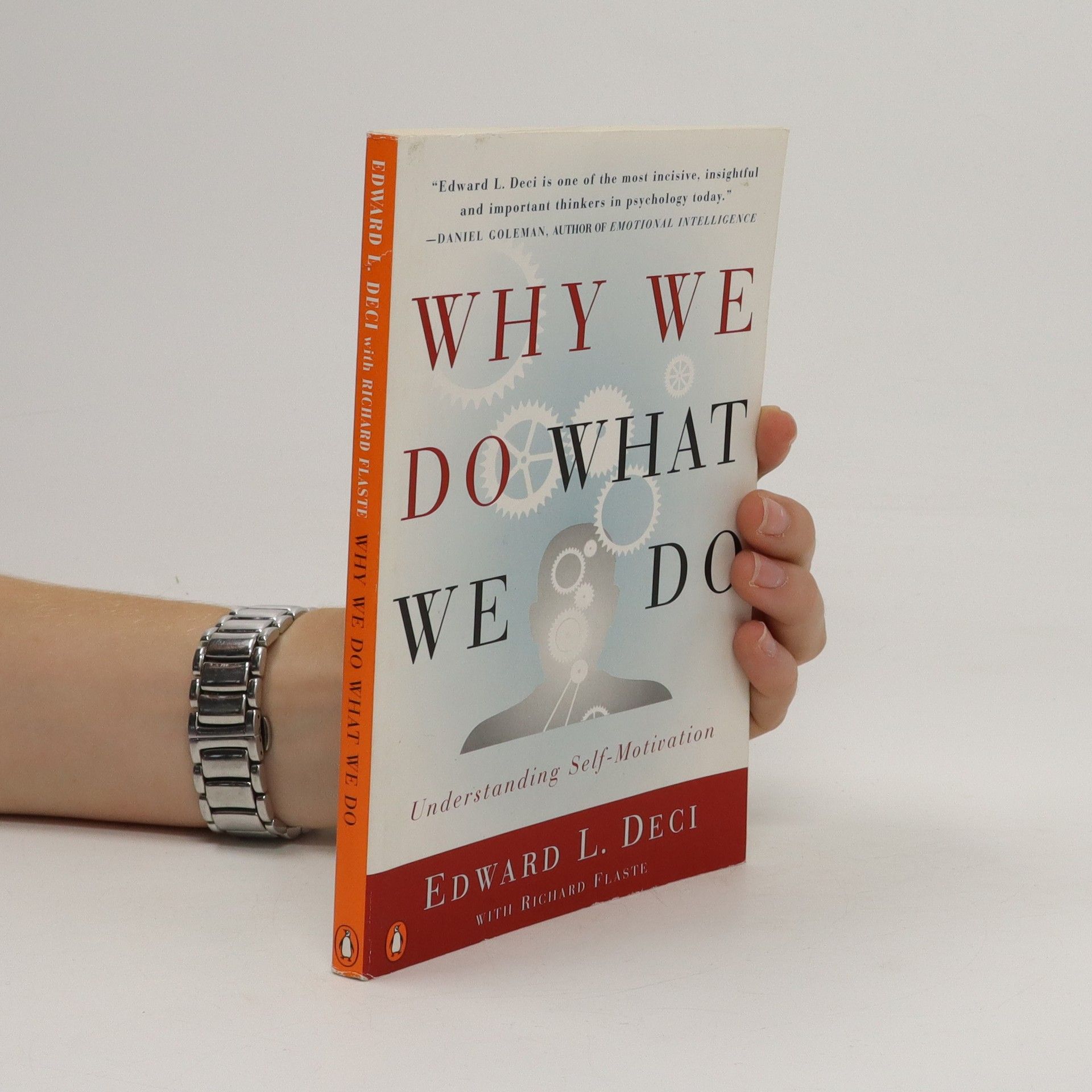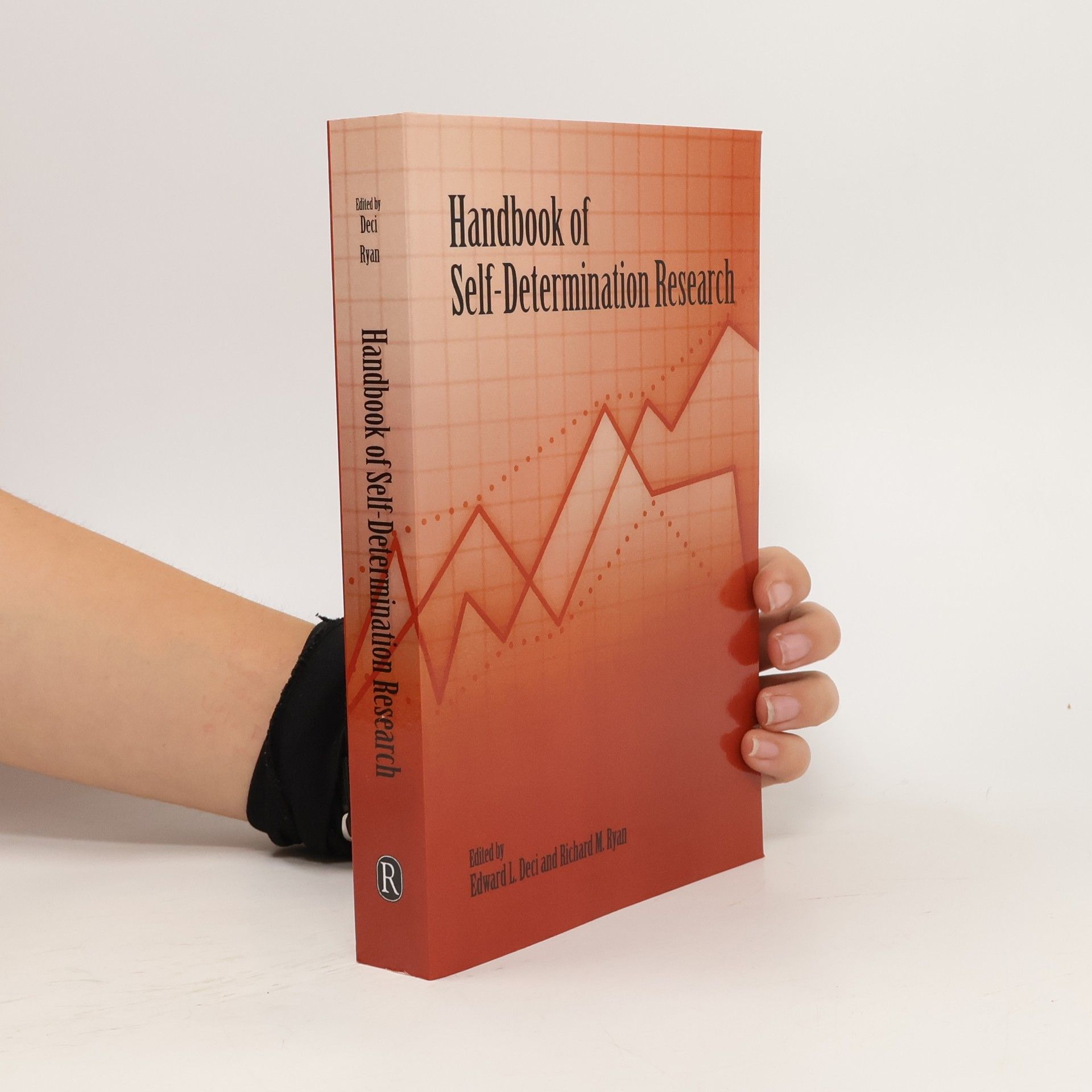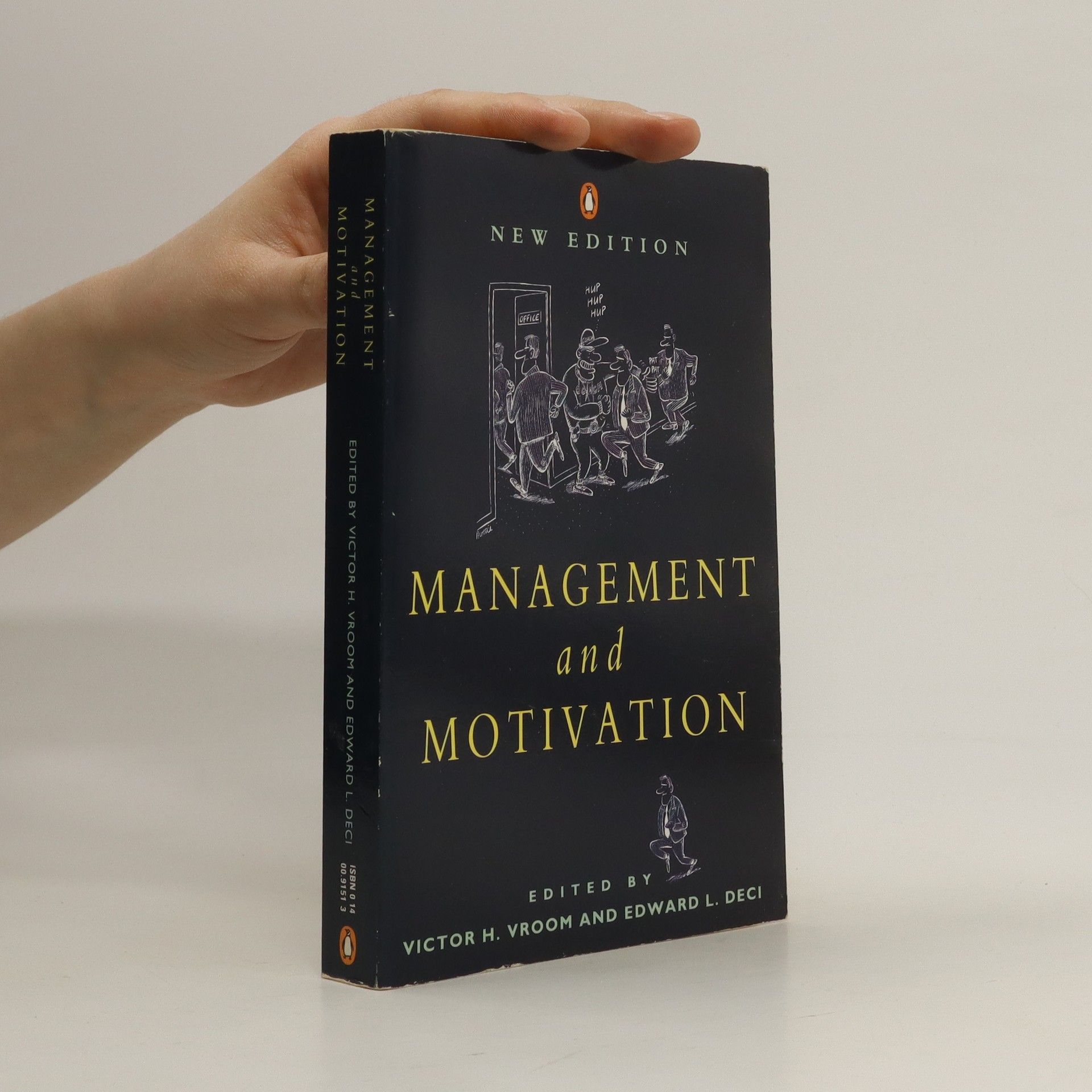Intrinsic Motivation and Self-Determination in Human Behavior
- 388pages
- 14 heures de lecture
The book explores the evolution of motivation theories, highlighting a shift from physiological needs to innate psychological needs, particularly self-determination and competence. It emphasizes the importance of self-determination theory as a developing framework for understanding human motivation. The authors present minitheories and testing paradigms to stimulate further research, while acknowledging the need to integrate findings on interpersonal relatedness into a comprehensive theory. This work aims to advance the understanding of the psychological underpinnings of motivation.



